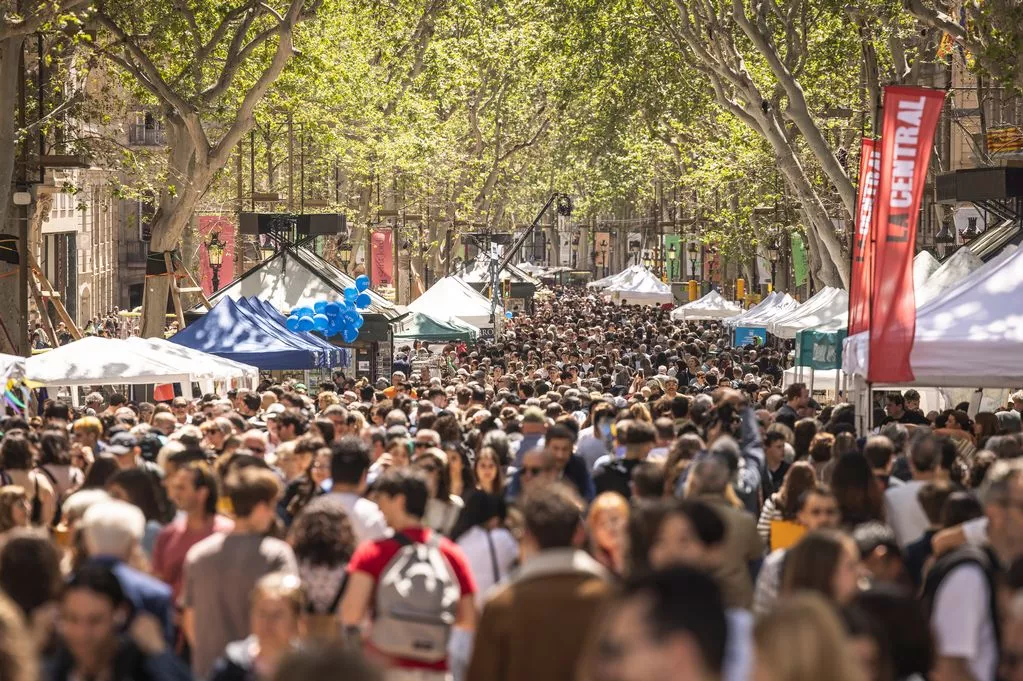Spain: Madrid City Council has unveiled plans to restrict short-term holiday rentals in its historic centre, as part of a Special Plan for the Protection of the Residential Area – or Plan Reside.
As announced on Thursday [14 November], the plan involves banning short-term tourist apartments [Viviendas Uso Turístico – VUTs] from all residential buildings in the historic centre – a measure aiming at prioritising the preservation of residential spaces. VUTs will now only be allowed in Madrid if they are in entire buildings dedicated solely to tourist accommodation in the historic centre, if they are existing licensed rentals, or if they are located outside of the historic centre and have their own separate entrance.
Buildings that are not designated as residential, including commercial buildings and hotels, can be converted for tourism purposes if they do not impact on housing supply, according to the city council.
However, the conversion of any commercial properties that are designated for residential purposes will be forbidden from conversion into tourist rentals in the historic centre.
The Plan Reside, which has been introduced by Mayor Jose Martínez-Almeida [of the conservative party – Partido Popular – PP] and urban planning delegate Borja Carabante, replaces a previous plan that was implemented back in 2019.
Critics of the plan’s previous iteration said that it did not go far enough in preventing illegal holiday rentals, given that it allowed VUTs on the ground floors of residential buildings until now.
Martinez-Almeida said that the key goals of Plan Reside are to “address the depopulation of the city centre, expand residential availability, regulate tourist accommodations, and enhance harmony between residents and visitors”.
According to Madrid City Council:
- The number of tourist rentals in Madrid has doubled since 2017 to around 16,100 units offering 55,155 tourist spaces. Of that number, only 1,131 units are allegedly legally licensed.
- An estimated 3,300 commercial properties have been converted to tourist or residential use since 2015.
- In the city centre, tourist rentals represent around 42 per cent of all of Madrid’s short-term accommodations, with some 6,755 units offering over 25,000 beds.
- The sale price per square metre has reached an all-time high of €6,397
Criticising the fresh plan were opposition parties including Rita Maestre of Más Madrid, which describes itself as a regional political party advocating for participatory democracy and promoting green politics. Maestre said that the concentration of VUTs in the same buildings would “encourage” investment funds, banks and large property managers to “expel” tenants from their homes and convert blocks into tourist apartments, as well as contribute to rising property prices.
Furthermore, she expressed concern that the plan included no details about enforcement measures designed to curb illegal tourist rentals. Más Madrid estimates that there are currently 27,000 illegal tourist apartments in the city, whereas the city council put the figure closer to 14,000 operating without a licence.
Meanwhile, Antonio Giraldo, urban planning lead of the socialist party PSOE, called the plan a “mockery” that would do little to protect residential areas and instead serves property speculators.
In April, Madrid City Council announced a temporary suspension on granting new holiday rental licences in the capital with immediate effect – a strategy that was later adopted by other cities across Spain to preserve housing supply for local residents. Other measures announced at the time were increased fines for unlicensed rentals operating illegally and releasing an official list of all licensed tourist properties.
That reportedly led to 2,000 inspections, which uncovered 448 properties being used for tourism. Of this number, 356 were suspended and 221 were converted back to residential use.
It is expected that the new regulations will come into effect by August 2025, once a public consultation period has taken place and the measures receive final approval.
This is in addition to a royal decree issued by Spain’s central government last month, which will establish a single national register for short-term rental properties across the country. The law, which is due to come into effect on 2 January 2025, will make it obligatory for short-term rental properties to register with one central digital service and obtain a code for them to list on any platform such as Airbnb, Vrbo or Booking.com.







